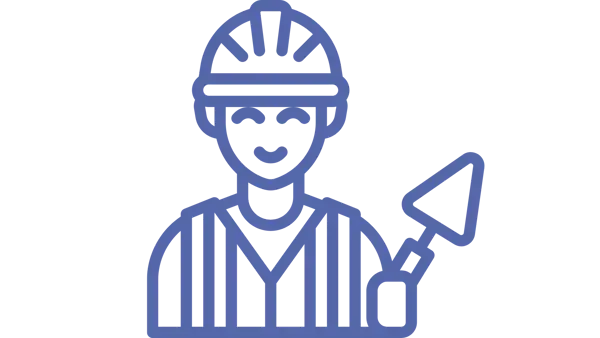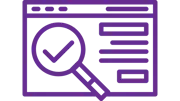Industries and Standards
Message standards are standardised formats for electronic documents that help companies exchange data efficiently and without errors. These standards ensure that documents such as invoices, purchase orders, and other business messages are uniform, enabling systems to communicate seamlessly with each other.
Specific message standards are applied in various sectors. For instance, in the staffing industry, the e-timecard is used via Peppol, simplifying the exchange of worked hours between staffing agencies and clients. In the transport sector, eConnect offers the Fleet Flow proposition, which automates both the GWH scheme for vehicle tax and the processing of CJIB fines.
In the housing construction sector, eConnect provides a solution for processing energy e-invoices via Peppol. Energy invoices are digitally split based on a property’s EAN code, enabling automatic calculation and processing of costs per housing unit. This allows periodic energy costs to be realised per property simply by uploading the e-invoice.
The use of these message standards increases efficiency, reduces the risk of errors, and ensures that companies comply with increasingly stringent regulations regarding digital document processing.








